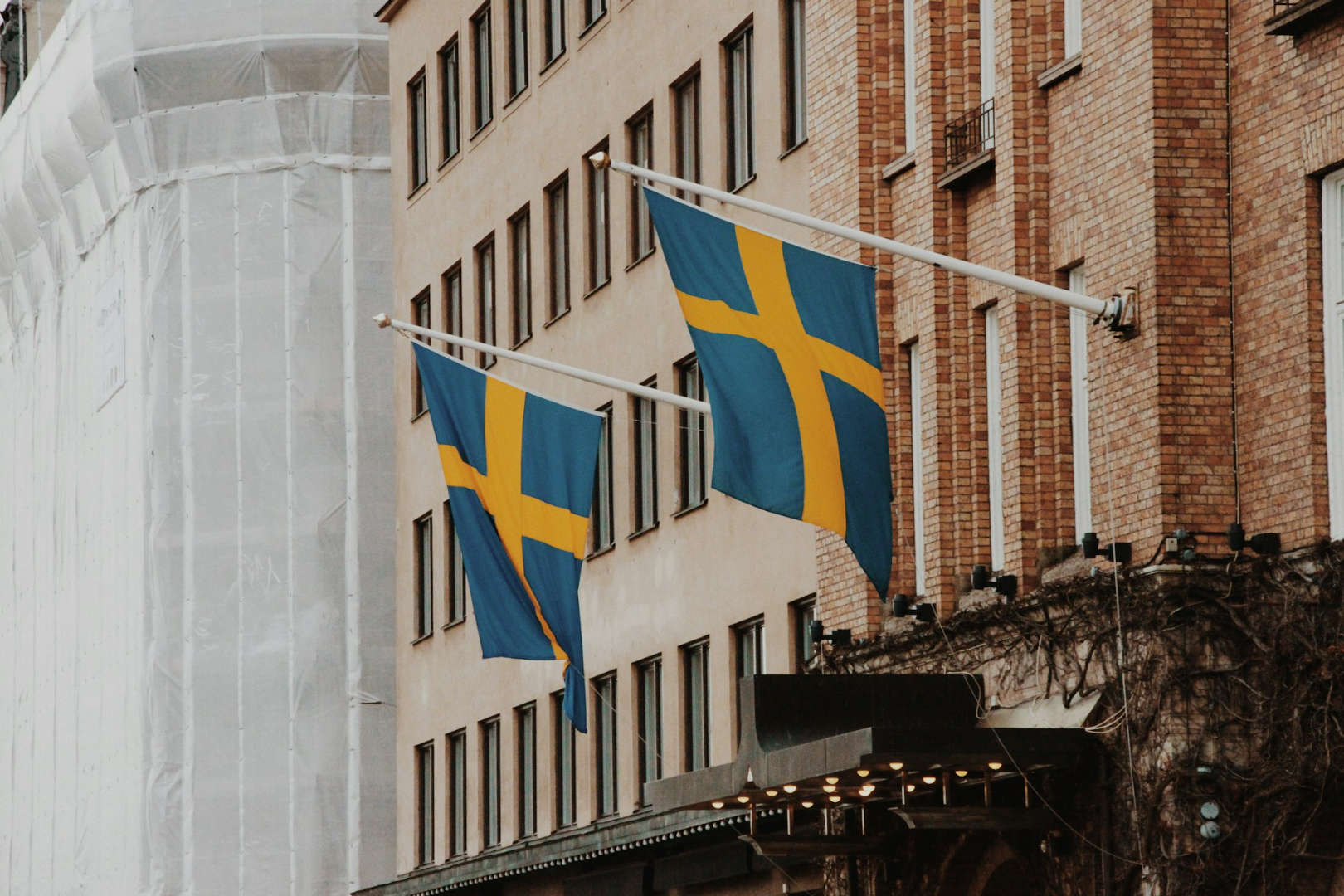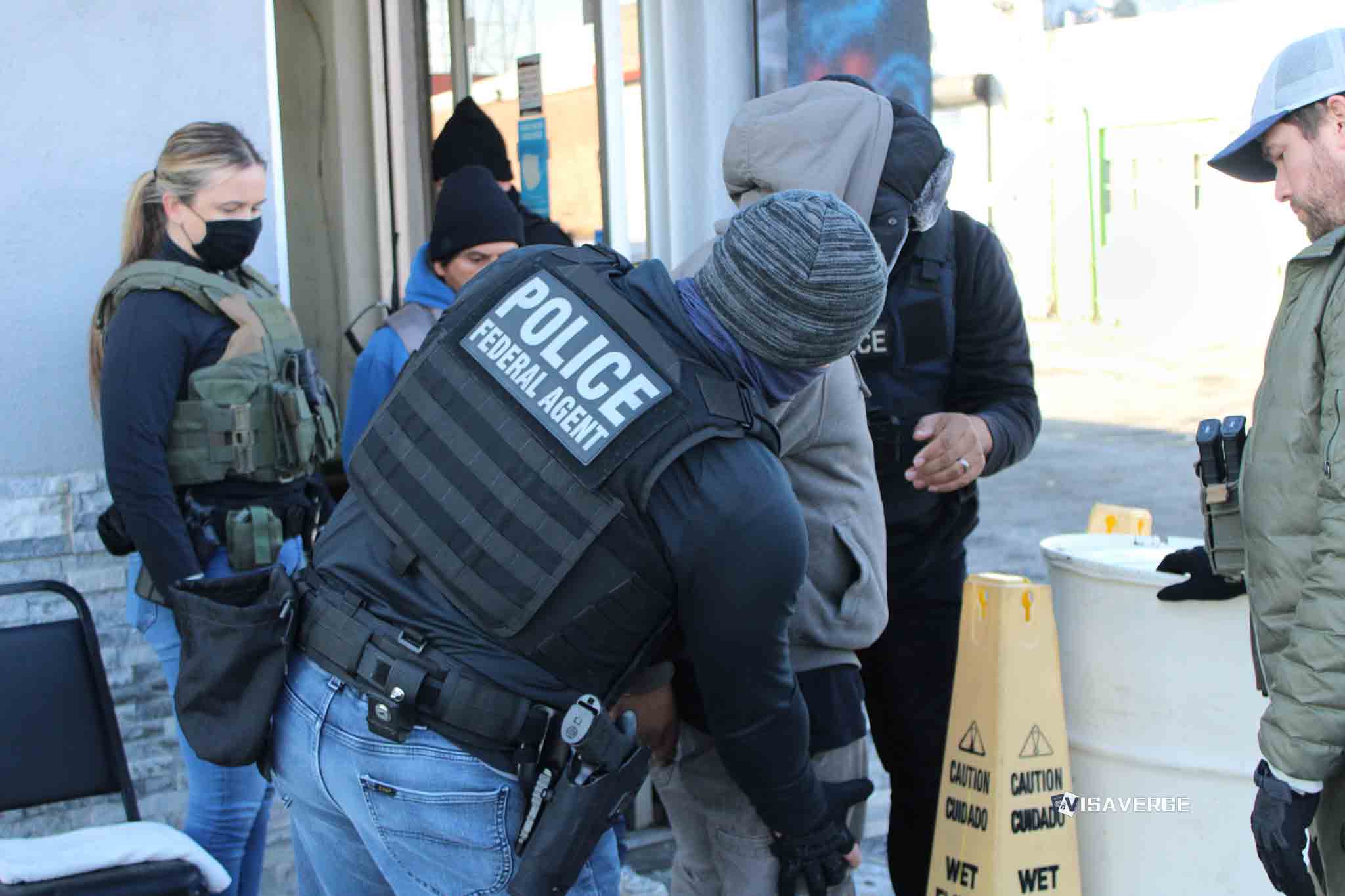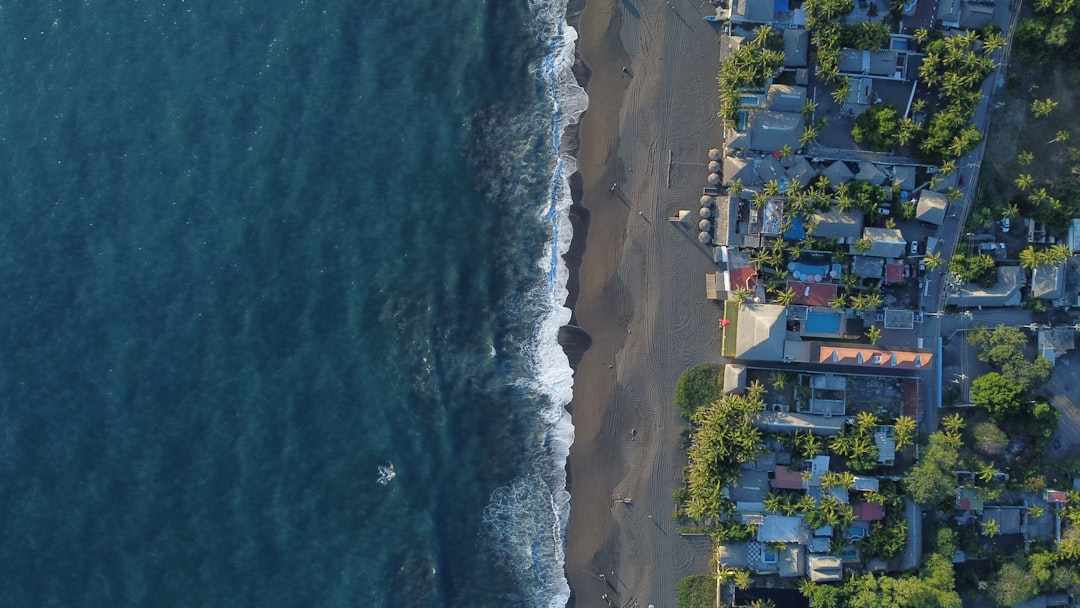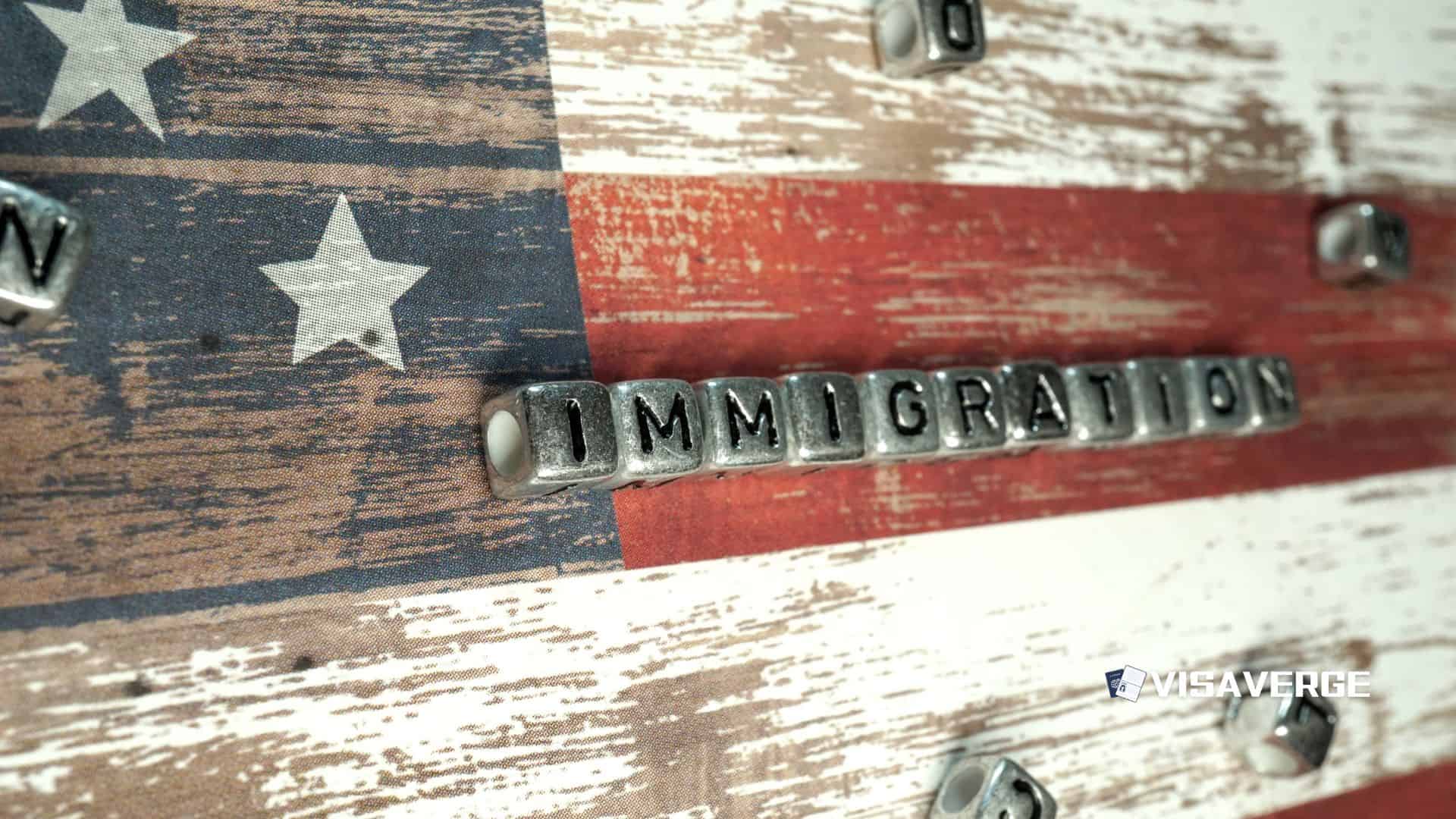(CHARLOTTE, NORTH CAROLINA, UNITED STATES) Federal immigration raids in Charlotte spilled onto church property on November 15, 2025, when agents entered the grounds of Iglesia Pentecostal Casa de Dios at 5300 Albemarle Road, chasing workers and arresting a member of the cleaning crew in front of his family.
The operation, carried out by U.S. Customs and Border Protection and Border Patrol agents, formed part of a wider sweep called Operation Charlotte’s Web, which authorities say led to more than 130 arrests across the city over two days, including 44 people with violent criminal records.
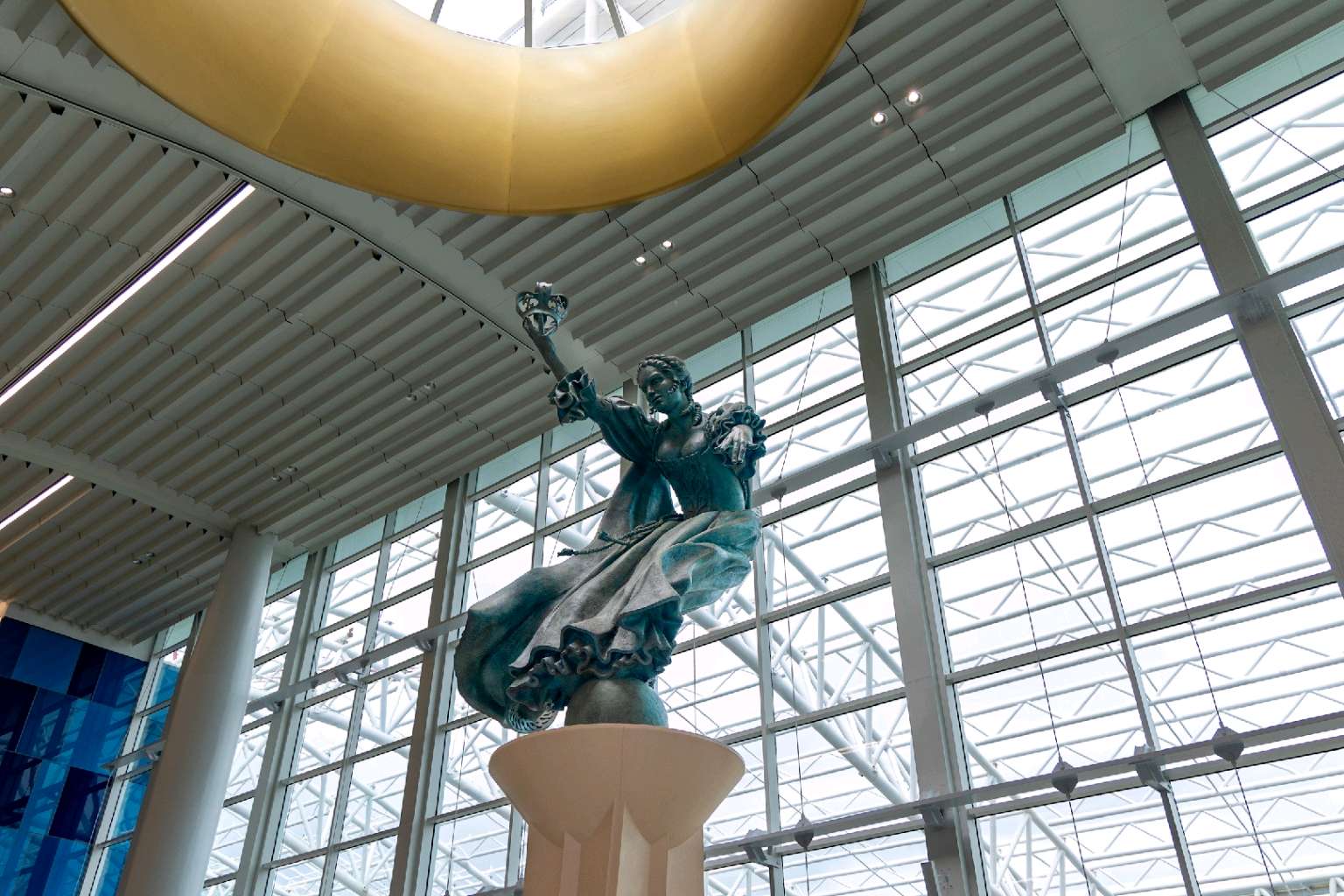
What happened at the church
At the church, most of those caught up in the rush were low-wage workers cleaning the sanctuary and hallways, according to witnesses. Between 15 and 20 members of the crew ran in different directions as agents followed them onto the sacred grounds.
One man from El Salvador, who had a final order of removal issued more than a year earlier, was seized as his wife and children watched. Women and children inside the church were left sobbing and fearing that more relatives might be taken next.
Leaders at Iglesia Pentecostal Casa de Dios later suspended worship services, citing safety concerns and emotional distress among congregants who had just seen federal officers sweep through a place many consider a spiritual refuge rather than a law enforcement zone.
Community reaction and trust concerns
Community members say the way the raids unfolded on church grounds has shaken long-built trust between immigrant families and religious institutions. These institutions have often worked to offer calm in the middle of national debates on immigration.
Witnesses reported that the agents who rushed onto the property at 5300 Albemarle Road did not display identification or ask questions before detaining people. That left many unsure which federal agency was taking part and whether rules protecting sensitive locations still applied.
The Department of Homeland Security once designated churches, schools, and hospitals as sensitive locations where enforcement would be rare. Recent operations like those in Charlotte have raised questions among pastors and community leaders about how firmly that guidance is now followed.
“Enforcement on sacred property is disruptive and harmful to both community trust and faith-based hospitality.”
— North Carolina Council of Churches (summary of statement condemning enforcement on church grounds)
Federal guidance, official statements, and local perception
- U.S. Customs and Border Protection states on its website that agents must follow federal law and department policy when carrying out arrests away from the border.
- Faith leaders in Charlotte say the scene at the church looked less like a planned, careful operation and more like a chase that spilled into a place meant for worship.
Officials highlighted that 44 of the 130+ detained had violent criminal histories — a figure meant to show people with serious records were a focus. Yet the arrest at the church, involving a cleaner from El Salvador with a final deportation order, underscored how people with outstanding removal cases who have lived quietly for years also stand in the path of these raids.
Broader analysis and impacts
According to analysis by VisaVerge.com, large-scale enforcement actions often mix people with criminal records and those whose only immigration issue is an old civil violation. That mix creates fear that extends far beyond the group officials publicly highlight.
The North Carolina Council of Churches strongly condemned agents crossing onto church grounds, calling such enforcement disruptive and harmful to community trust and faith-based hospitality. The council’s statement reflected years of concern that aggressive tactics near churches, clinics, and schools push immigrant families further into the shadows, making them afraid to:
- report crimes,
- visit doctors, or
- send children to programs hosted by religious groups.
Local government and community response
In response to the events at 5300 Albemarle Road and the broader sweep across Charlotte, the Charlotte City Council voted unanimously to:
- Increase funding for immigrant support groups.
- Expand programs that teach residents about their rights when federal agents appear at homes, workplaces, or public spaces.
Local organizers report that know-your-rights workshops now draw bigger crowds. People ask basic questions such as:
- What to do if officers show up without clearly marked uniforms.
- How to request a lawyer.
- Whether they must open the door if agents do not present a warrant signed by a judge.
Human impact and trauma
Immigration lawyers point out that people with final orders of removal, like the cleaner taken from the church, often still have families, jobs, and deep ties in the United States 🇺🇸. Sudden arrests in public places can traumatize children who witness a parent being handcuffed without warning.
Parents at Iglesia Pentecostal Casa de Dios told local advocates that children started having nightmares after the raid and grew afraid whenever they heard sirens near 5300 Albemarle Road, fearing agents might return.
Current situation and next steps
While federal officials stress that Operation Charlotte’s Web targeted people with existing removal orders or criminal records, the scenes at the church show how hard it is for local families to separate those talking points from the lived reality of armed agents stepping onto a property they visit for prayer and comfort.
Leaders at Iglesia Pentecostal Casa de Dios are weighing how to reopen regular services while keeping parishioners calm, even as federal immigration raids continue across Charlotte under the ongoing operation. They must reassure those who fled across the parking lot on November 15, 2025, as well as families of the man from El Salvador, who is now back in federal custody because of his old removal order and may be deported in the coming weeks.
For many residents of east Charlotte, the events at the church have become a symbol of how quickly everyday routines can be broken by immigration enforcement — turning a normal workday for a cleaning crew into a scene of running, shouting, and handcuffs in a place where people usually gather to pray.
As Operation Charlotte’s Web continues, residents near 5300 Albemarle Road watch anxiously, unsure when the next unannounced raid might arrive in Charlotte.
This Article in a Nutshell
On November 15, 2025, CBP and Border Patrol agents carrying out Operation Charlotte’s Web entered Iglesia Pentecostal Casa de Dios at 5300 Albemarle Road, chasing workers and detaining a Salvadoran cleaner with a final removal order in front of his family. The operation produced more than 130 arrests across Charlotte, including 44 with violent criminal histories. The church suspended services amid trauma and fear. City council increased funding for immigrant support and rights workshops, while faith leaders criticized enforcement on sacred property and called for clearer adherence to sensitive location guidance.










